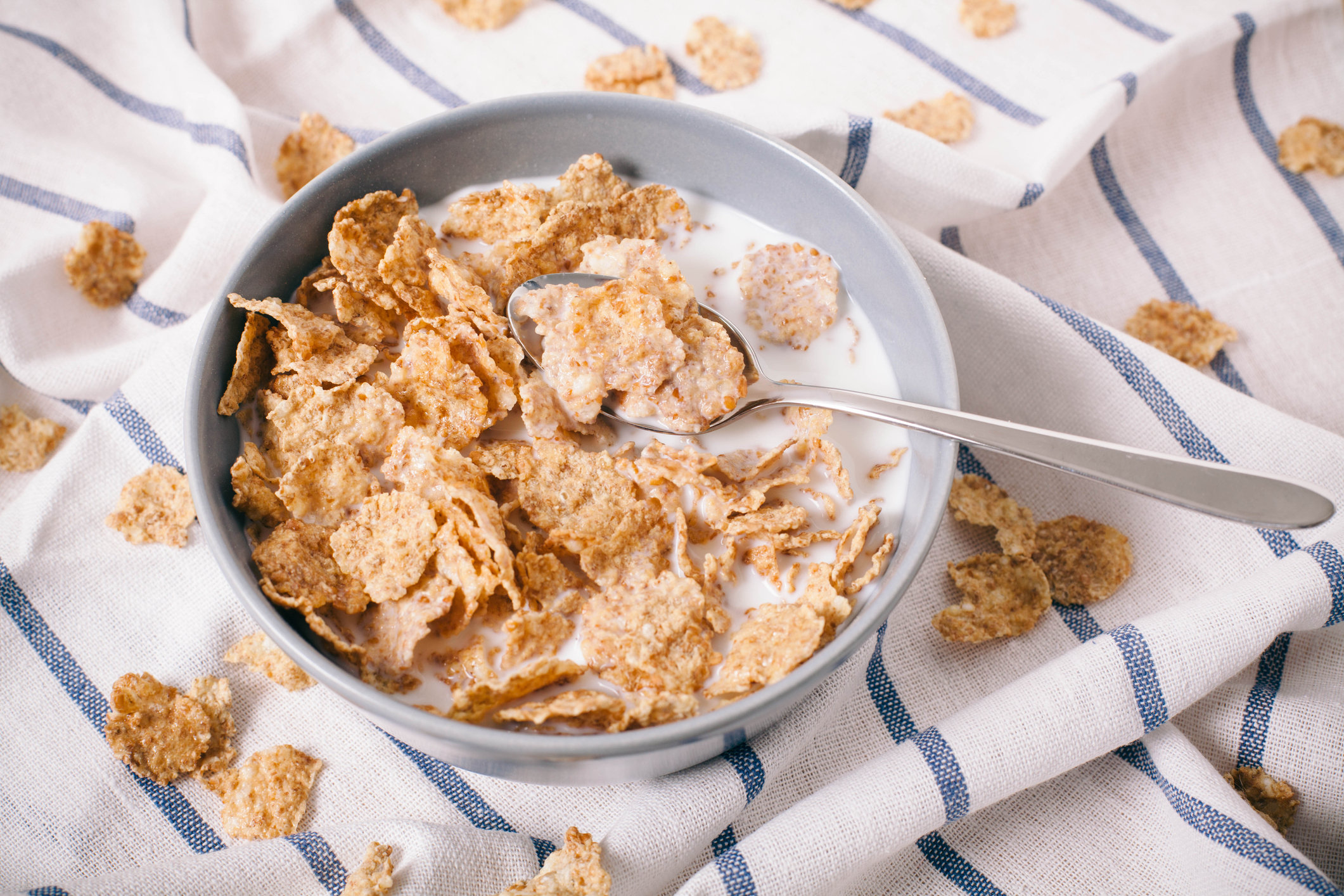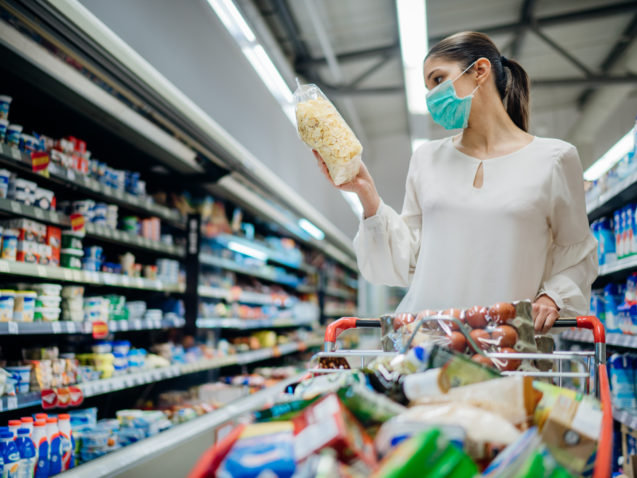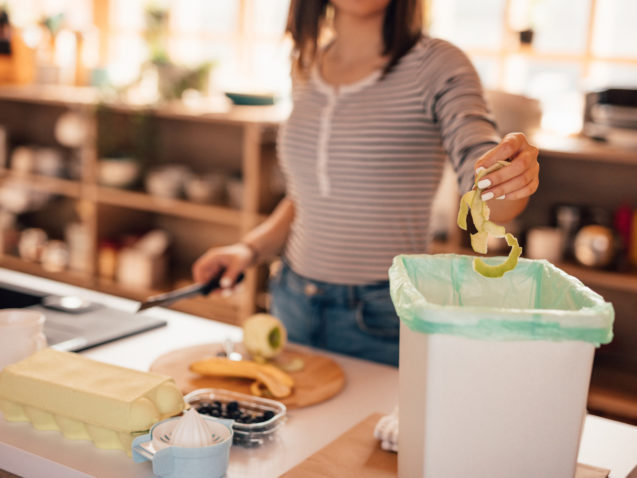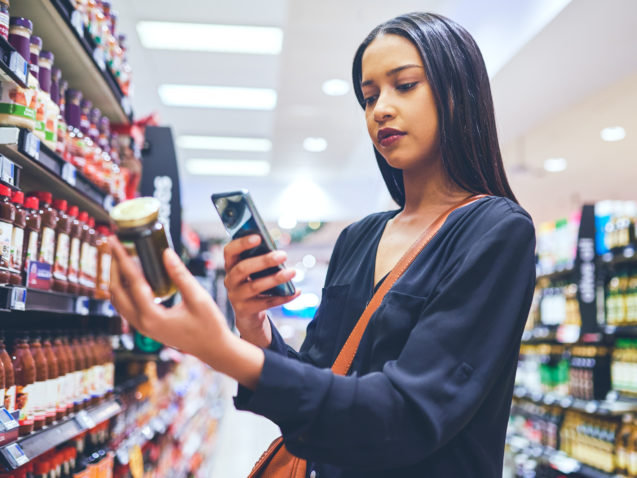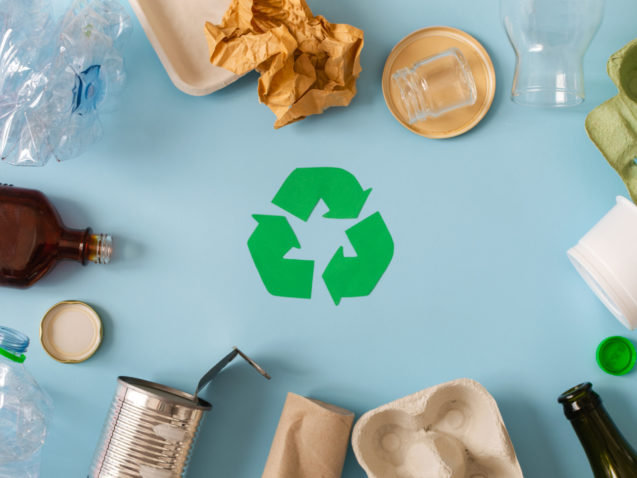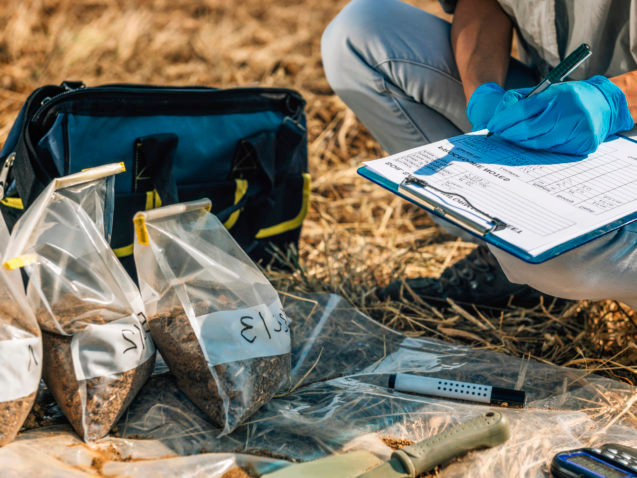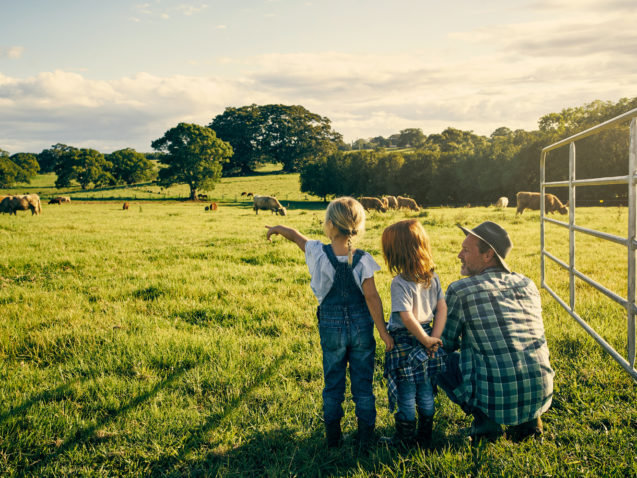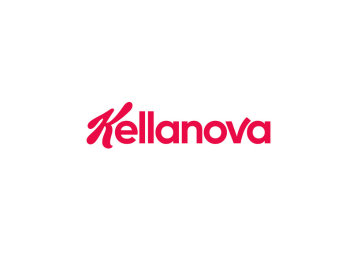Every year more than one billion tonnes of food is lost or wasted, equivalent to one-third of all food produced for human consumption. It’s a global problem that demands our attention.
We’ve caught up with Bruce Learner, Senior Manager for Corporate Social Responsibility in Europe at Kellogg’s, about how the company is repurposing organic food waste into trendy beer and why collective action by companies is the best and only solution to ending waste.
Let’s start by asking you about where a food company’s responsibility lies when it comes to the rest of the food chain. Is Kellogg’s responsible in any way for food waste on-farm or by consumers at home?
They say that if food waste was a country it would be the third biggest emitter in the world which is a pretty remarkable fact. All emissions generated for nothing once the food is wasted. What’s more, while around 20% of food produced is lost or wasted in the EU, every second day some 43 million people cannot afford a quality meal including meat, chicken, fish or vegetarian equivalent.
Reducing food waste makes sense from an environmental and social perspective, but it’s also a big financial issue for companies like us who need to do as much as they can to avoid wasting money on precious ingredients that will never reach the consumer.
20% of food is lost or wasted in the EU, while every second day some 43 million people cannot afford a quality meal
We also know we have a responsibility to help consumers reduce their waste. It is estimated that households are responsible for more than 50% of the food wasted in Europe. Whilst consumers need to be mindful with what they buy and with planning their meals, it’s really on us as companies to package their food in such a way that maintains quality and freshness and label foods clearly so that we can help to avoid food waste.
So what can Kellogg’s do to reduce on-farm waste?
It’s harder for companies like us to go back into the field to help reduce food loss and waste there because we don’t own farms or buy directly from farmers. Instead, we’re normally buying from a supplier like a flour or oat mill.
We’re working with these suppliers and with non-profit organisations to reach farmers across the globe to drive sustainable agriculture and reduce food losses at the farm gate. For example, our three-year collaboration with NGO’s ACDI/VOCA and smallholder farmers in Egypt (who produce the dates we use in local cereal bars) helped reduce postharvest date losses by 58%. We have similar programs in India, Thailand and Bangladesh.https://www.linkedin.com/embeds/publishingEmbed.html?articleId=8792449511619104683
When did food waste first start getting talked about as a serious strategic issue by Kelloggs and the food industry?
Reducing food waste and maximising how much food gets to people – through sales or donations – has always made sense to us. However, we really upped our game when our CEO joined Champions 12.3, a collaboration of companies, organisations and governments, which decided to get together to seriously address food waste. In 2016, we then started to measure and then publicly report volumes and destination of food loss and waste. We use a common standard – a methodology developed by the World Resources Institute called the Food Loss and Waste Accounting and Reporting Standard.
Where is your biggest challenge when it comes to food waste?
Using this common methodology about 1.1% of the ingredients we handle ends up as what is defined as food waste. The Sustainable Development Goal Commitment 12.3 asks adopters like us to make a 50% reduction in food waste by 2030. Whilst we are committed to working towards that target, a 50% reduction of 1.1% is not going to create much impact because we’re already so efficient. So we thought, how can we make sure we’re maximising the food that gets to people?
About 1.1% of the ingredients we handle ends up as what is defined as food waste.
Our answer is to voluntarily extend the definition of food waste to include former food stuffs that are used for animal feed*. This organic food waste can be generated in a number of different ways during production, for example when cleaning equipment, during production changeovers from say Coco Pops to Rice Krispies, or when products do not meet the required quality standards. It equates to about 8% of the food stuff we handle globally. Our target is to reduce this waste by 50% by 2030 and by the end of last year we’d reached 13%.
* Under the Food Loss and Waste standard food stuffs used an animal feed are not considered as food waste.
What solutions have you introduced – and that others could now learn from – that have worked well in tackling food / organic waste?
Anyone in the food industry will tell you that the key to reducing waste is not that sexy. There is no substitute for careful planning and efficient production. It’s just like preparing a meal at home: you know how many people you are cooking for, so you aim to buy, plan, prepare, and measure and cook accordingly. Barring mishaps on the way, you end up with a beautifully cooked meal and little or no waste.
There is no substitute for careful planning and efficient production. It’s just like preparing a meal at home
Something we have done in our Manchester plant though is a pilot project on how to take split underweight bags of cereal and put them back into production in a way which is safe and traceable. They came up with a system that involved reprocessing this food in a specially created safe and sanitised area where the food is unpacked, recorded and put back into the beginning of the production line (so it passes through the usual quality and safety filters). The 2020 pilot was successful, and we aim to put the new process into practice in 2021.
A more quirky idea we have had is to use “just less than perfect” cereal to make beer. This is food that is still edible but not good enough for the pack, for example slightly over-cooked or broken Cornflakes. Since the end of 2018 we have been supplying this food to a local brewer called Seven Brothers who have been making a range of ales from cereals, for example “Throw away IPA” made from Corn flakes. We’ve done the same thing in Spain with Choco Krispies partnering with a brewery who have made a beer called Rosita beer.

Kellogg also has a strategic region wide approach to food donations, with food diverted from animal feed to people. Each year we donate around 900 tonnes of food to food banks across Europe. Our policy enables us to donate food past it’s Best Before Date, subject to compliance with local regulation and practise.
What do you think could help reduce food waste further in terms of policy, regulation or consumer behaviour?
Consumer behaviour is a fascinating subject as the biggest source of food waste in Europe is at home. It seems that people became far more aware of food waste and reducing it during the Covid-19 pandemic. That was probably driven by people living at home and being conscious of buying more food and seeing more food waste. One of the things we as an industry have to do is help consumers reduce food waste at home by helping them understand food waste and why it matters. That includes making the link between food waste and climate change.
Consumer behaviour is a fascinating subject as the biggest source of food waste in Europe is at home
We will need to work collaboratively on this and can’t do it in a way that makes consumers feel bad or victimised though. Perhaps we should focus on telling the story of the food, how it was grown and produced, and ultimately why it really is too good to waste.
To that end, I think there is also still a piece of work to be done around food dates: ‘best before’ and ‘used by’ and what they mean. If you think about consumer education campaigns, it’s taken decades to make people understand the dangers of smoking and then obesity. We need a similar campaign to on food waste; one which includes messages that remind people that “Best Before” and “Use By” mean different things : If you store food like Cornflakes properly they will be ok to eat just after the ‘best before’ date and don’t need to be thrown away.
What excites you out there in the food industry or beyond in terms of future innovation that could cut food waste?
As I mentioned above the main way we can reduce waste in the food within the food industry is through a constant drive for efficiency. That is exciting in its own way, though unlikely to grab headlines. Personally, I like the idea of collaborating to re-purpose food. We’ve seen Beer made from cereal and bread, snack bars made from old bananas and yogurts made with wonky fruit. So who knows what could be next.
Finally, we have obesity, food waste and yet we also have hunger and malnutrition. What part can Kellogg’s realistically play in tackling such systemic issues, aside from giving aid?
We have a series of global goals where we link all of our corporate social responsibility commitments together. In this we address the interconnected issues of wellbeing, food security and climate. Within these commitments you’ll find our organic waste reduction target, but you’ll also find greenhouse gas and water reduction targets and our commitments to take out more of the things people don’t want in food like salt and sugar, and put the micronutrients that people do want in. If more companies and organisations had holistic goals like these aligned to the UN’s Sustainable Development Goals then collectively we could have a really big impact.


